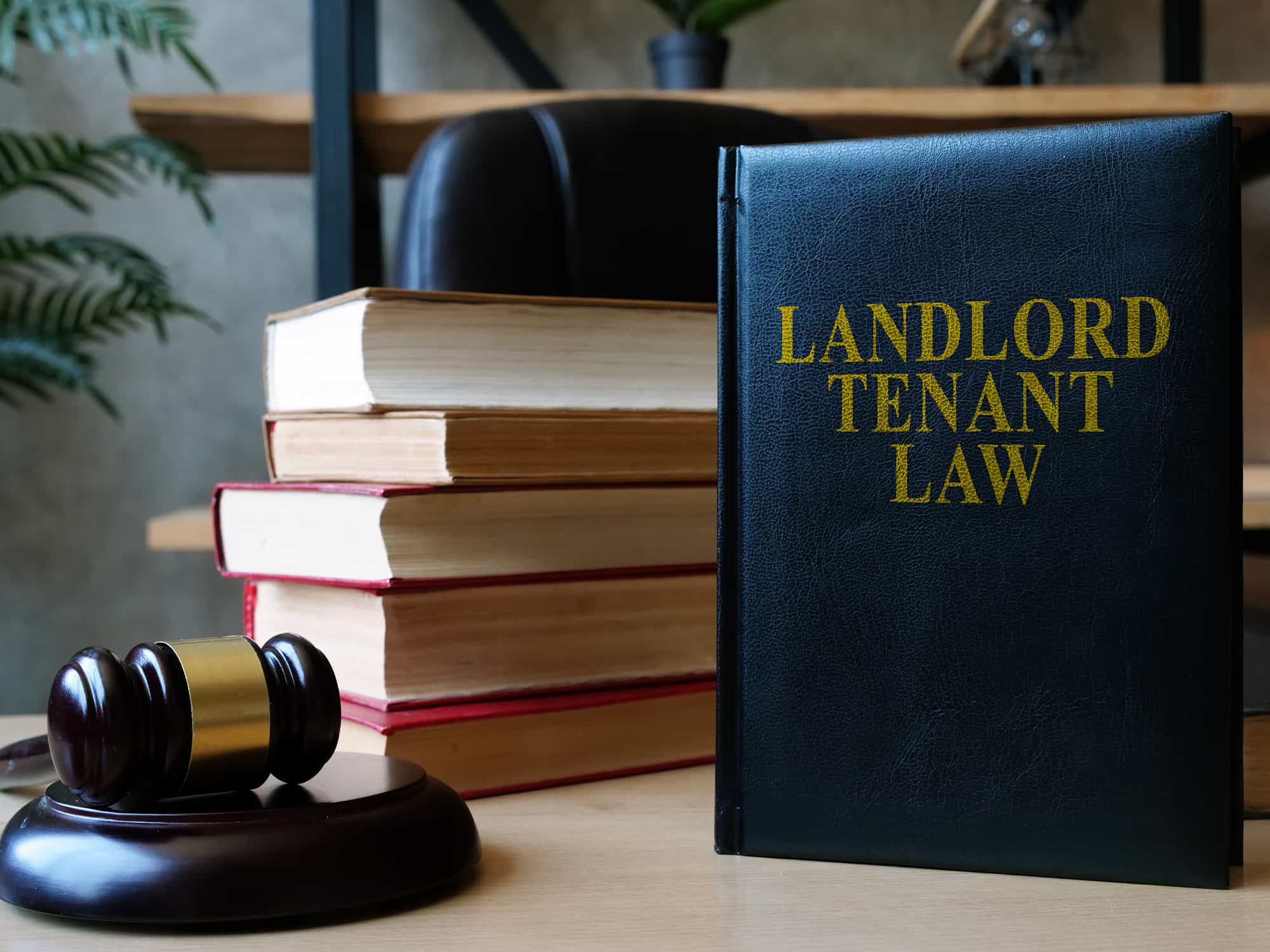Landlord and Tenant
Resolving Rental Matters
Landlord and tenant relationships form the foundation of the rental housing market. Whether you're a landlord seeking to protect your property investments or a tenant navigating rental agreements and disputes, understanding the legal aspects of landlord and tenant law is essential. At Resolve Solicitors, we specialize in providing expert guidance and legal representation to both landlords and tenants, ensuring that their rights and obligations are upheld within the framework of landlord and tenant law.
Landlord and Tenant Law: Balancing Interests
Understanding Landlord and Tenant Law
- What Is Landlord and Tenant Law?: Landlord and tenant law is a legal framework that governs the rights and responsibilities of both landlords and tenants in rental agreements. It covers issues such as lease agreements, eviction, property maintenance, and tenant rights.
- Importance of Landlord and Tenant Law: Landlord and tenant law provides a structured approach to resolve disputes and protect the interests of both parties involved in a rental relationship. It ensures that rental agreements are fair, transparent, and legally enforceable.
- Versatility: Landlord and tenant law applies to various types of rental properties, including residential, commercial, and industrial. It also covers short-term rentals, long-term leases, and month-to-month tenancies.
Key Aspects of Landlord and Tenant Law
- Lease Agreements and Rental Contracts
The cornerstone of the landlord and tenant relationship is the lease agreement or rental contract. We assist in drafting, reviewing, and enforcing lease agreements to ensure that they are clear, comprehensive, and legally sound.
- Tenant Rights and Responsibilities
Tenants have rights, including the right to a habitable living space, privacy, and protection from discrimination. We educate tenants about their rights and help resolve issues related to property maintenance, repairs, and security deposits.
- Landlord Obligations and Property Maintenance
Landlords are responsible for maintaining rental properties in good condition. We advise landlords on their obligations and help them address maintenance issues and disputes with tenants.
- Eviction and Lease Termination
In cases where eviction or lease termination is necessary, we guide landlords through the legal process, ensuring compliance with eviction laws. We also assist tenants facing eviction by exploring defenses and negotiating resolutions.
- Rent Increases and Lease Renewals
Rent increases and lease renewals should follow legal procedures and notice requirements. We help both landlords and tenants understand their rights and obligations in these situations.
Resolve Solicitors: Your Landlord and Tenant Law Partner
Our Approach to Landlord and Tenant Law
- Conflict Resolution: We prioritize amicable conflict resolution, seeking to resolve disputes through negotiation and mediation to avoid costly legal battles.
- Legal Expertise: Our team of legal professionals specializes in landlord and tenant law, providing clients with a deep understanding of their rights and obligations.
- Tenant Advocacy: We are dedicated to protecting tenant rights and ensuring that landlords adhere to their legal obligations in providing safe and habitable living conditions.
- Landlord Support: For landlords, we offer guidance on property management, lease agreements, eviction procedures, and property maintenance.
- Legal Representation: When necessary, we provide strong legal representation in court to uphold the rights and interests of our clients.

FAQ's
Common tenant rights include the right to a habitable dwelling, privacy, protection from discrimination, and the right to withhold rent in certain circumstances.
No, rent increases must follow legal procedures and notice requirements, which vary by jurisdiction. Consult with an attorney to understand the rules in your area.
Amicable resolution can often be achieved through negotiation and mediation. Consult with a legal professional to facilitate the process.
Legal reasons for eviction may include non-payment of rent, lease violations, property damage, and other lease-specific violations. The specific reasons vary by jurisdiction.
In most cases, tenants are entitled to notice before eviction. The notice period and requirements depend on the jurisdiction and the reason for eviction.
To protect your security deposit, document the property's condition upon move-in and move-out, and comply with lease terms regarding cleaning and repairs.
Communicate your concerns in writing to your landlord and document their response. If the issues persist, consult with a legal professional to explore further action.
Initiate lease renewal or rent negotiation by discussing your intentions with your landlord well in advance of your current lease's expiration.
Contact Resolve Solicitors today to discuss your specific landlord and tenant law needs. Our experienced team will provide tailored guidance and representation to address your unique situation.



